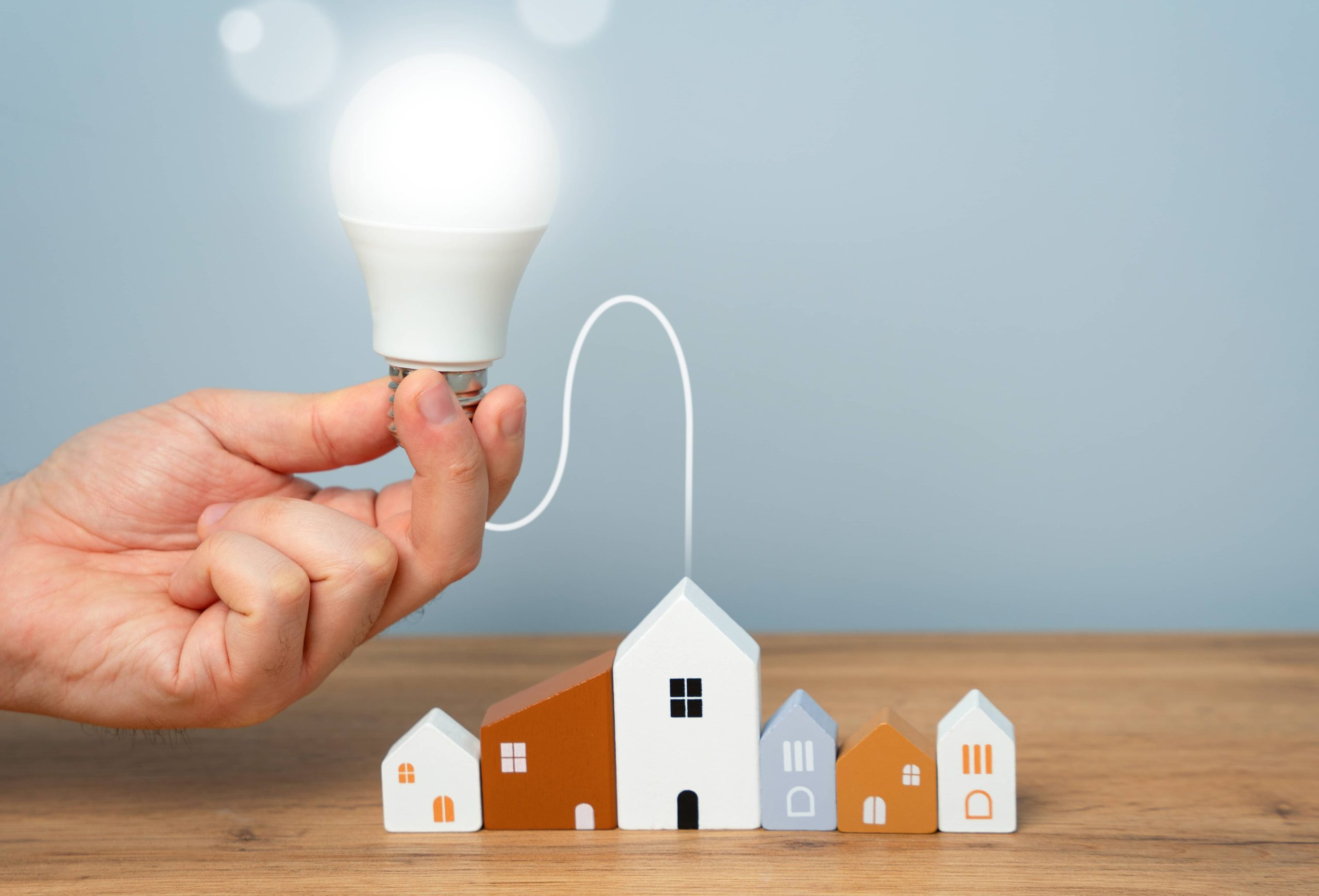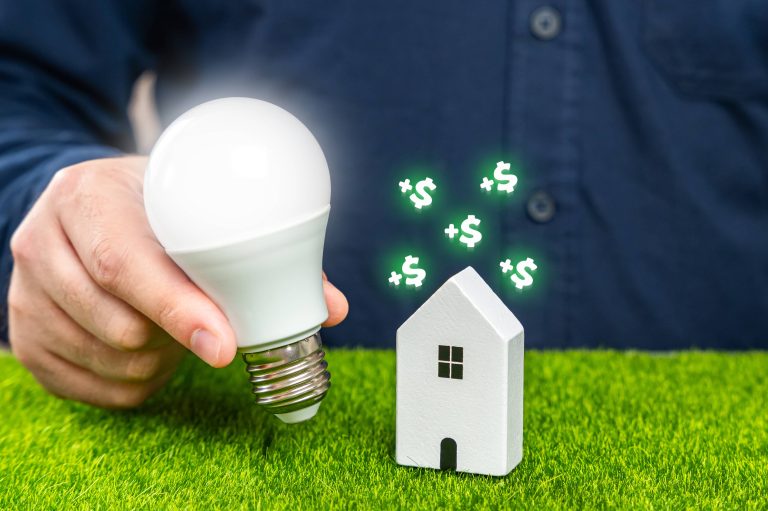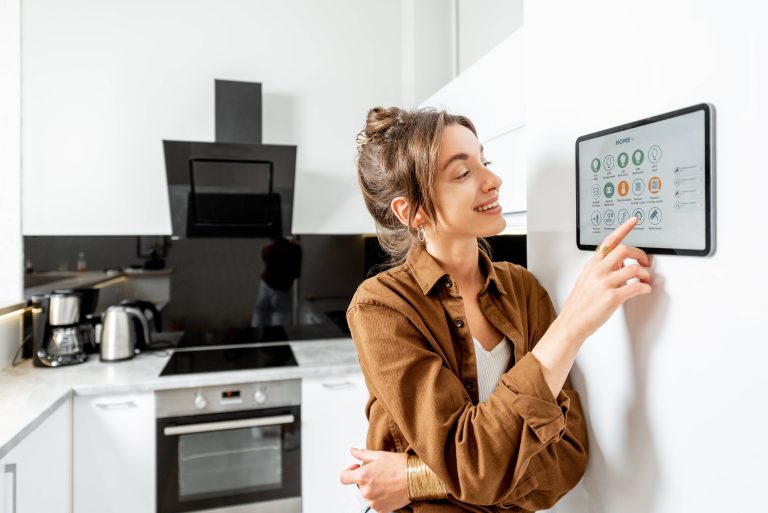
In the quest for energy efficiency and sustainability, significant strides have been made in various arenas, from renewable energy sources to energy-efficient appliances. However, one area that often goes underappreciated is water usage. Efficient water management is crucial not only for reducing utility bills but also for conserving one of our planet’s most precious resources. Enter smart water meters—an innovative solution that empowers homeowners to monitor and manage their water usage more effectively.
The Role of Smart Water Meters
Smart water meters are advanced devices that provide real-time or near-real-time data on water consumption. Unlike traditional meters, which require manual readings and provide limited insight, smart meters offer detailed reports through digital platforms, accessible via smartphones, tablets, or computers.
Benefits of Smart Water Meters
1. Real-Time Monitoring
Smart water meters offer the ability to monitor water usage in real-time. This means you can see how much water you’re using at any given moment. This immediate feedback loop allows homeowners to identify high-usage activities and make adjustments accordingly.
2. Leak Detection
Leaks can contribute to significant water wastage and inflated utility bills. Traditional water meters might not show the gradual increase in usage resulting from a small leak. Smart water meters, conversely, can detect irregular spikes in water usage, sending alerts to homeowners and potentially saving thousands of gallons of water annually.
3. Usage Analysis
With historical data at your fingertips, you can analyze your water consumption over days, weeks, or months. This can highlight trends and peak usage times, enabling you to understand your water habits better.
4. Cost Savings
Access to detailed water usage data can help in identifying reductions and modifying habits to save on water bills. For example, homeowners can monitor how much water is used for activities like garden irrigation, and adjust watering times to cooler parts of the day, reducing evaporation and saving water.
5. Environmental Impact
Reducing water usage contributes to overall sustainability efforts. Conserved water means less strain on local water supplies and reduced energy consumption related to water heating and transportation. By using smart meters, homeowners can contribute to broader environmental conservation efforts.
Practical Tips for Using Smart Water Meters
1. Set Water Usage Goals
Use the data from your smart water meter to set realistic water usage goals. Many smart meter apps allow you to set benchmarks and alerts when you are nearing your limits. This can be both a fun challenge and a practical way to reduce consumption.
2. Check for Time-of-Use Trends
Identify when your household uses the most water. Are you using more water in the mornings or evenings? On the weekends? Once you’ve identified these patterns, you can start to find ways to reduce usage during these peak times.
3. Conduct a Water Audit
A comprehensive water audit examines every water use in your home. Note when you’re using water and how much for each activity. Cross-reference this with your smart meter data to identify areas for improvement.
4. Educate Family Members
Get the whole family involved in water conservation efforts. Show them the data from your smart water meter and explain how small changes, like shorter showers or turning off the tap while brushing teeth, can make a big difference.
5. Regularly Check for Leaks
Utilize the leak detection feature of your smart meter. Even a small, undetected leak can waste a significant amount of water over time. If your smart meter alerts you to a potential leak, investigate and fix it as soon as possible.
The Future of Water Management
The deployment of smart water meters is part of a broader trend towards smart homes, where interconnected devices work together to provide insights and automation that improve efficiency and sustainability. Imagine a world where your smart shower adjusts flow based on water scarcity conditions, or your irrigation system waters your garden only when soil moisture sensors indicate the need. While some of these technologies are still on the horizon, smart water meters are available now and offer a substantial step towards smarter water use.
Challenges and Considerations
While the benefits are plentiful, there are some considerations to keep in mind. Initial costs for smart water meters can be higher than traditional meters. However, many utilities and municipalities are offering incentives or rebates for their installation. Data privacy is another concern, as with any smart device. Ensure your meter and its corresponding app have robust security features to protect your data.
Additionally, there needs to be a certain level of tech-savviness to interpret the data and take actionable steps. For some, this could be a transition from traditional methods and might require a bit of a learning curve.
Conclusion
Smart water meters represent a pivotal shift towards efficient and sustainable water usage. By providing real-time insights, detecting leaks, analyzing usage patterns, and helping set conservation goals, these devices are invaluable tools for the modern sustainable household. As we move towards smarter homes and cities, integrating smart water meters will be an essential step in reducing our environmental footprint and ensuring a sustainable future.
By adopting smart water meters, homeowners can take control of their water usage, save money, and contribute to global water conservation efforts. The path to a more sustainable home is paved with data, and smart water meters are a critical source of this information, guiding us towards a greener future.







